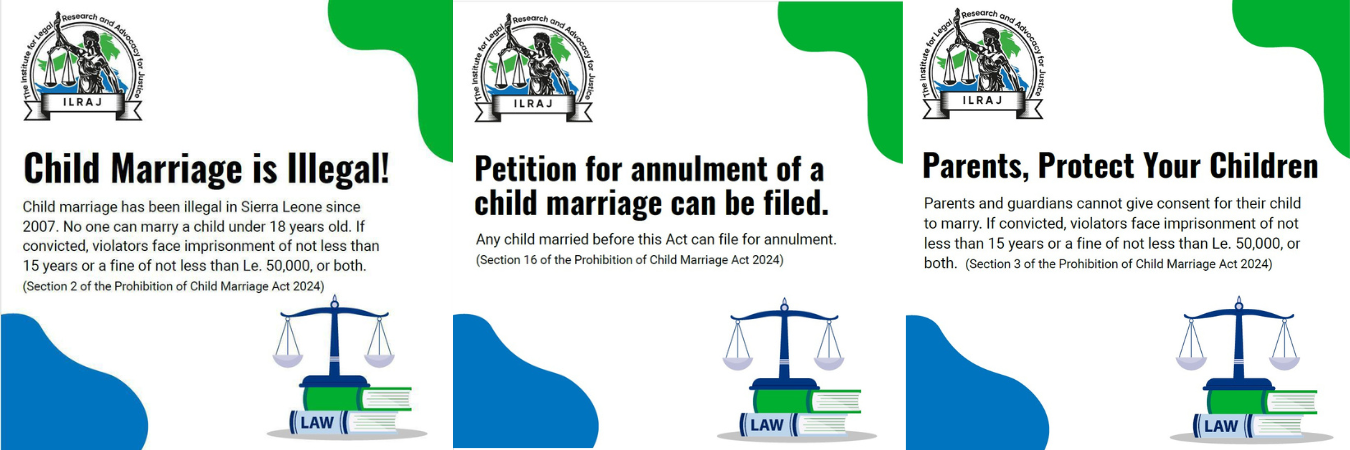By Amin Kef Sesay
Since the 21st November 2019, when Dr. David M Sengeh ascended the seat as the Minister of Basic and Secondary School Education, he has not only transformed the Ministry into a remarkable one but has made it into an admirable and enviable one for millions of people all over the world. His astute stewardship and physical presence have been an inspiration to thousands of young people across the country.
Appointed on 7th November 2019 by H. E President Julius Maada Bio, he was approved by Parliament on 19th November and took over from Dr. Alpha Osman Timbo on 21st November 2019.
To start with, the New Direction manifesto talks about education and governance. Within this sector, there are 10 promises which have either been completed or ongoing. For instance, the development of a national policy and action plan geared toward translating the New Direction into concrete programs.
Under this sector, the capacity of the Schools’ Inspectorate has been strengthened for effective school monitoring and supervision. A total of 176 inspectors have been trained and provided with motorbikes and tablets for efficient delivery across the country.
Also, under the sector of Education and Financing Management, the budgetary allocation and disbursement were increased from less than 15% in 2016/17 to about 22% in line with the Education For All (EFA) target.
Against such a backdrop, there has been a sharp increase in the salaries of teachers by a 30% margin; and an introduction of the
‘Best Teachers’ Award’ for the most innovative and dedicated teachers at both national and district levels. The premiere award was consequently won by a female teacher from Kenema and over Le 380 million was doled out to all the winners at district and national levels.
Moreover, there has been over the past two years a review of the “Teaching Service Commission” (TSC) thereby making it proficient and functional.
Another key aspect of the New Direction manifesto over the years has been the increase access to quality education through the introduction of quality school education from pre-primary to secondary schools. This process also encourages and promotes Early Childhood Education and Care (ECEC).
On a similar note, there has been an expansion of the school feeding program in preschools and primary schools in areas that have never benefited from the scheme before. The provision of subsidized school buses at cost recovery bases has as well buoyed up the attendance of pupils especially those dwelling in distant localities from their schools. The Ministry under Dr. Sengeh has also developed a new curriculum and materials fit for Civic Education.
Another aspect of progress at the MBSSE has been the reassessment of 4000 teachers from across the country; as well as the recruitment of about 5000 teachers with pin codes.
Recently, the Minister has also set up the 468 Short code platform for free, to help parents and guardians check the NPSE and BECE results of their children without the use of any scratch card.
So far so good the Basic Education Ministry , under Minister Sengeh, has solidly and progressively moved up places from where it was when he occupied the Ministerial seat to the admiration of many in and out of the country.





